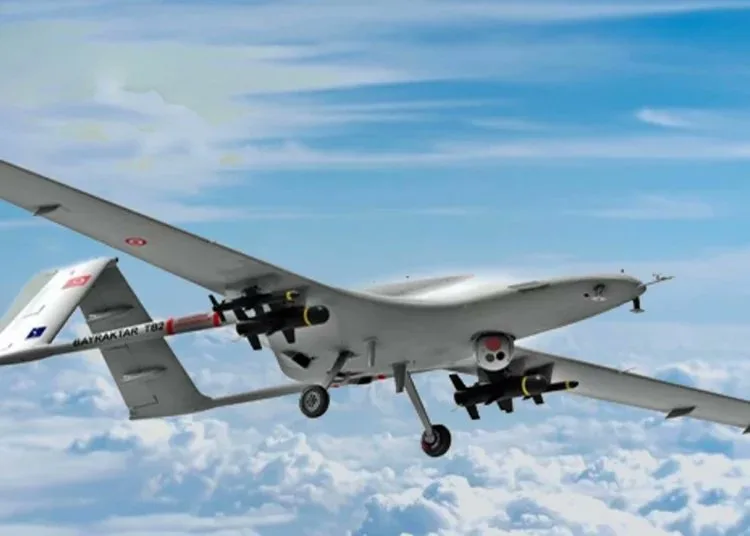Turkish President Recep Tayyip Erdogan’s comments on Tuesday regarding positive developments in the U.S. sale of F-16 fighter jets to Ankara and Canada’s potential lifting of export controls on drone parts align with a recent report indicating that Canada has quietly agreed to reopen talks with Turkey on this matter.
According to Reuters, Canada has signalled its willingness to engage in discussions with its NATO ally Turkey about lifting export controls on drone parts, including optical equipment. This move comes after President Erdogan hinted in July that Sweden would receive approval from Ankara. Canada suspended the export of certain drone technology to Turkey in 2020, citing its use by Azerbaijan’s forces in the Nagorno-Karabakh conflict.
In October 2021, Turkey requested to purchase 40 Lockheed Martin Corp F-16 fighters and 79 modernization kits for existing warplanes. While U.S. President Joe Biden’s administration supports the $20 billion US sale, objections have arisen in the U.S. Congress. These objections relate to Turkey’s delays in endorsing Sweden’s NATO membership bid and concerns over its human rights record.
President Erdogan disclosed that he discussed Sweden’s NATO accession with President Biden during a call last week. Erdogan quoted Biden as saying, “‘You pass this [Sweden’s NATO bid] from the parliament, and I will get it [the F-16 sale] passed from the Congress.'” These developments highlight the intricate diplomatic negotiations underway between Turkey, the U.S., and Canada in the context of military alliances and arms agreements.
Erdogan said Tuesday that Turkey, which has been an EU candidate since 2005, had long earned the right to join the bloc but had been stalled over what he called political obstacles.
“Giving them candidate status does not mean they will become EU members. A process will start with them, they will be stalled, too. None of these countries are a Turkey,” Erdogan was cited as saying by his office.
“It is wrong for Turkey, which is more ready to join the EU than some member states, to be kept waiting at the door for years due to political obstacles,” he added.
Turkey’s bid to join the EU has been frozen for years due to EU concerns over Turkey’s record on human rights and differences over regional policies, namely in the eastern Mediterranean and over the ethnically split island of Cyprus.

